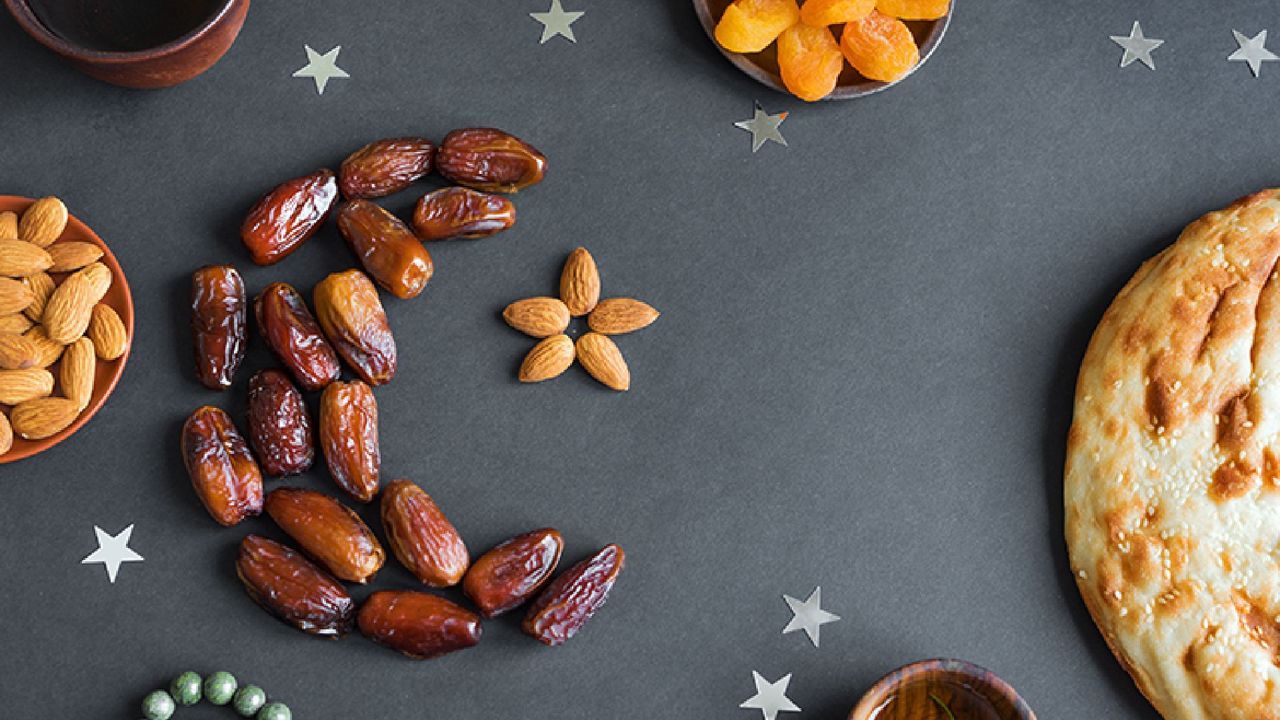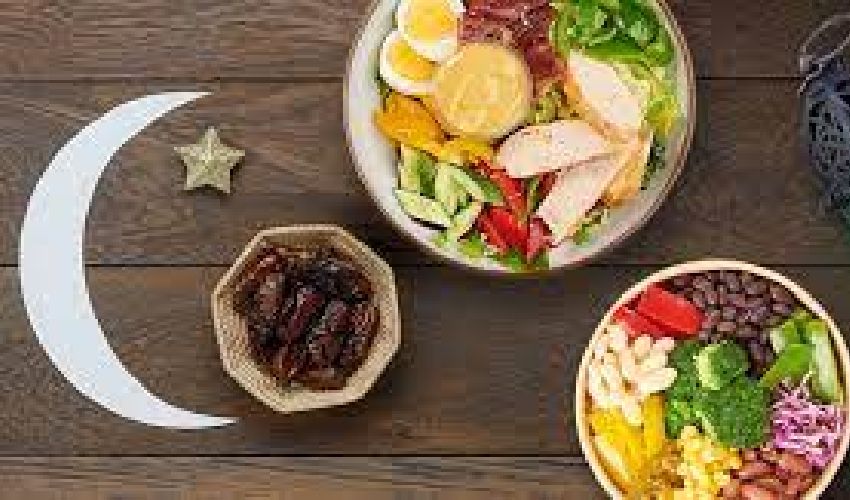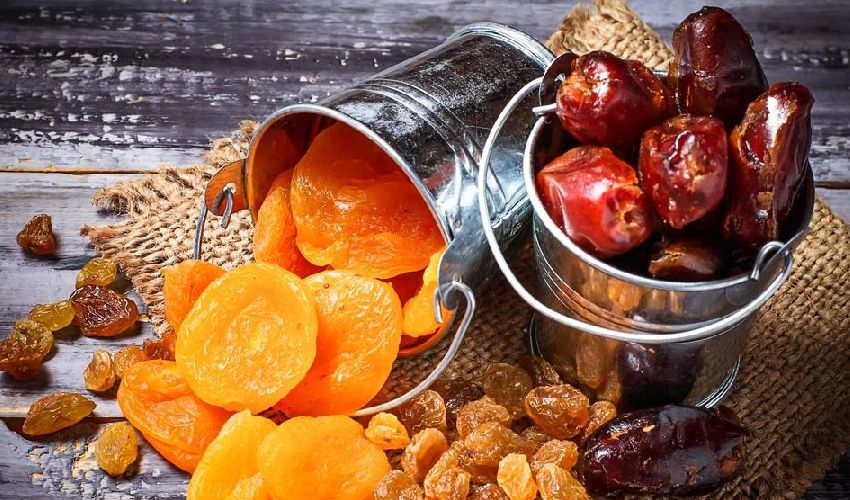12 food choices for a healthy Ramadan
Fasting during Ramadan is a core Islamic practice, involving abstaining from food and drinks for a set time. Muslims globally begin a 30-day fast today, which alters their routines, emphasizing specific foods and avoiding carbonated drinks

Observing fasting during the holy month of Ramadan stands as one of the fundamental pillars of Islam. This period requires Muslims to abstain from consuming food and beverages for a specified duration, with exceptions granted to certain individuals.
As adherents of the Islamic faith globally embark on the obligatory 30 days of fasting starting today, they will witness notable alterations in their daily schedules and habits, encompassing changes in eating and sleeping routines.
During the fasting period, it is crucial to prioritize the consumption of specific food items while minimizing the intake of carbonated beverages.
Listed below are 12 food recommendations for Sahur (pre-dawn meal) and Iftar (evening meal) provided by nutrition specialists:

What to eat during Sahur
Protein-rich food: : Opting for foods abundant in protein is highly recommended during Sahur as they are known to be slow to digest, aiding in reducing hunger pangs while fasting. Items like eggs, beef, lamb, poultry, fish, seafood, dairy products, among others, are protein-rich and packed with essential nutrients. These can be prepared in various ways to cater to personal tastes.
Fibre-rich food: Fiber is a crucial nutritional component, particularly beneficial during Sahur for its capacity to linger undigested in the stomach for extended periods. Certain fiber varieties may facilitate weight management, regulate blood sugar levels, and combat constipation. Foods rich in fiber include avocados, berries, apples, whole grains (such as wheat bread, whole wheat pasta, brown rice, and oats), legumes, nuts, and an assortment of vegetables.
Calcium and vitamin-rich food: Foods rich in calcium such as milk, yogurt, cheese, green vegetables, legumes, and okra are beneficial. Incorporating a yogurt-based smoothie or a vanilla-flavored milk drink into your pre-dawn meal could be advantageous, aiding in satiety and maintaining hydration levels for the day.
Avoid certain foods at Sahur
Limit simple carbohydrates like sugar, white flour, pastries, doughnuts, and sugary cereals at Sahur as they provide short-term satisfaction and lack essential nutrients.
Salty food: Excessive sodium intake can lead to increased thirst during fasting, hence it's advisable to steer clear of salty or heavily seasoned foods, including those with soy sauce.
Caffeinated drinks: Beverages containing caffeine, like coffee, green tea, and energy drinks, can disrupt sleep and cause restlessness. Due to their dehydrating effects and potential to increase thirst throughout the day, it's best to avoid them during the pre-dawn meal.

What to eat during Iftar
Sufficient fluids: Stay well-hydrated between iftar and bedtime by consuming ample water or natural fruit juices to prevent dehydration.
Potassium-rich fruits: Potassium plays a vital role in maintaining the body's functions, such as reducing cramps and regulating fluid balance. Foods rich in potassium, such as beans, leafy greens, potatoes, yogurt, oranges, and bananas, are beneficial. Dates, being nutrient-rich and a good source of potassium, are an ideal choice to break your fast
Hydrating vegetables: Vegetables like cucumbers and lettuce are rich in fiber and water content, aiding in keeping the body cool, promoting skin health, and preventing constipation throughout Ramadan.
What to avoid during iftar
Carbonated drinks: Steer clear of sugary processed drinks and carbonated beverages like Fanta, and Coke, as they can contribute to weight gain, bloating, and indigestion. Opt for water or natural fruit juices instead. Additionally, limit high-sugar foods like sweets and chocolates, which are calorie-dense and offer little nutritional value. Overconsumption can lead to weight gain and potential health problems.
Fried foods: It's advisable to reduce consumption of oily and fried foods like fried beef, samosas, and pastries, as they are high in fat and can be stored as fatty tissue in the body. Consuming such foods after a day of fasting can lead to acidity and digestive discomfort.
Source: Newsroom







